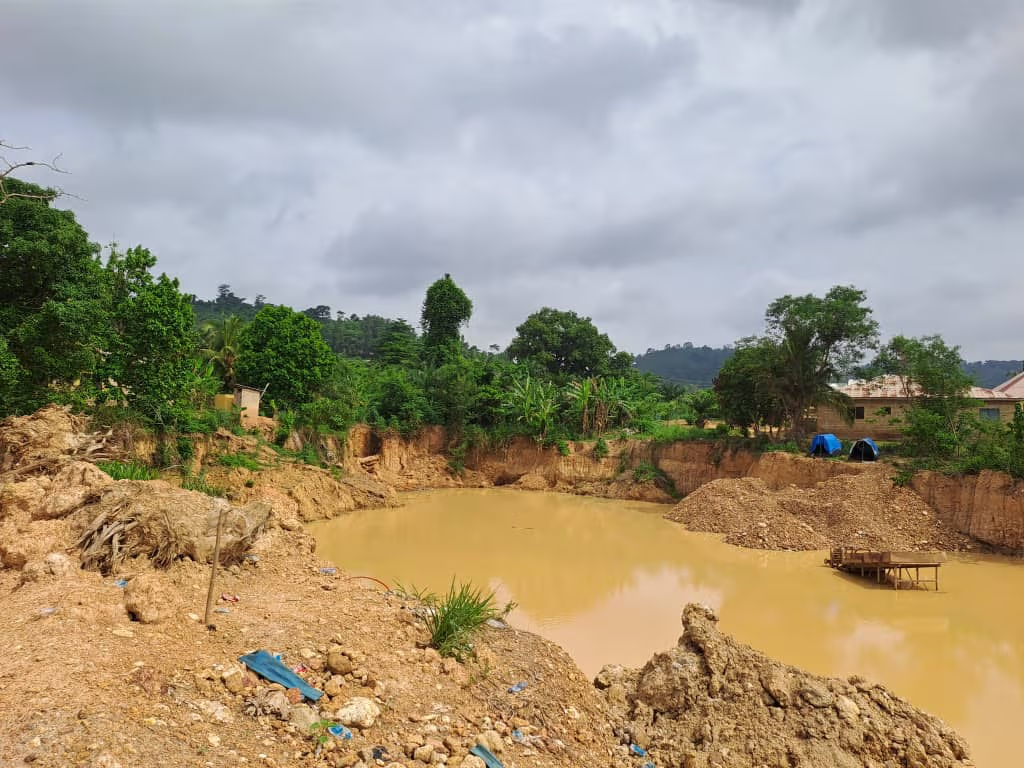Nutrition experts are calling on the government to intensify measures to combat illegal mining as it continues to destroy farmlands and destroy water bodies.
They warn that if the issue is not taken seriously, Ghana’s food system, which continues to seek transformation, will remain under siege, affecting the nation’s food security and public health.
In 2021, Ghana committed to transforming its food systems by 2030 with the goal of ensuring sustainable and healthy diets for all.
Encompassed in 17 food system transformation goals, the commitments face challenges, including an increase in highly processed food, expensive healthy diet and less production of fruits and vegetable, with the most serious of them being illegal mining.
Professor of nutrition at the University of Ghana, Professor Anna Lartey in an interview, emphasized the need for government to intensify measures to curb the menace and protect the nation’s food security.
“Nutrition really starts from the soils because what is in the soil goes into the plant and ends up on our table. We know there are nutrients like iron, zinc and all. All these comes from the soil. So, if you also have bad chemicals in the soils, the soil will pick it up and it will find its way in our foods. Some of these chemicals may not be helpful and so finding them in your foods in levels that are higher than the body can handle, causes health problems for us,” Professor Lartey said.
She noted that the government has done well for the fight against galamsey so far. However, the measures must be intensified due to its adverse effect on the food system in Ghana.
“It’s a major issue for the agenda in the country and I think the government is doing well. They are doing a great job and they should just continue and put in more effort so that we can bring this under control,” Professor Lartey added.
To ensure that government remains committed to the 17-food system transformation commitment goals, Professor of Public Health nutrition at the University of Ghana, Professor Amos Laar believes that efforts to track and monitor Ghana’s food system transformation is essential.
“We are facing an existential challenge with respect to that which we eat. It is a total extension if we get our food system wrong and this is a project that helps Ghana seeks to transform her food system such that the food we get from our food system are not only nutritious but healthy for population,” he said.
As Ghana strives to achieve its 2030 food system transformation goals, experts insist that strengthened monitoring and accountability measures will ensure that the nation stays on track towards sustainable and healthy diets for all.
Galamsey will soon affect food security if not stopped – Nutritionists
Social News
|
|
31 views
3 months ago

Comments
Leave a Comment
No comments yet. Be the first to comment!
3News


